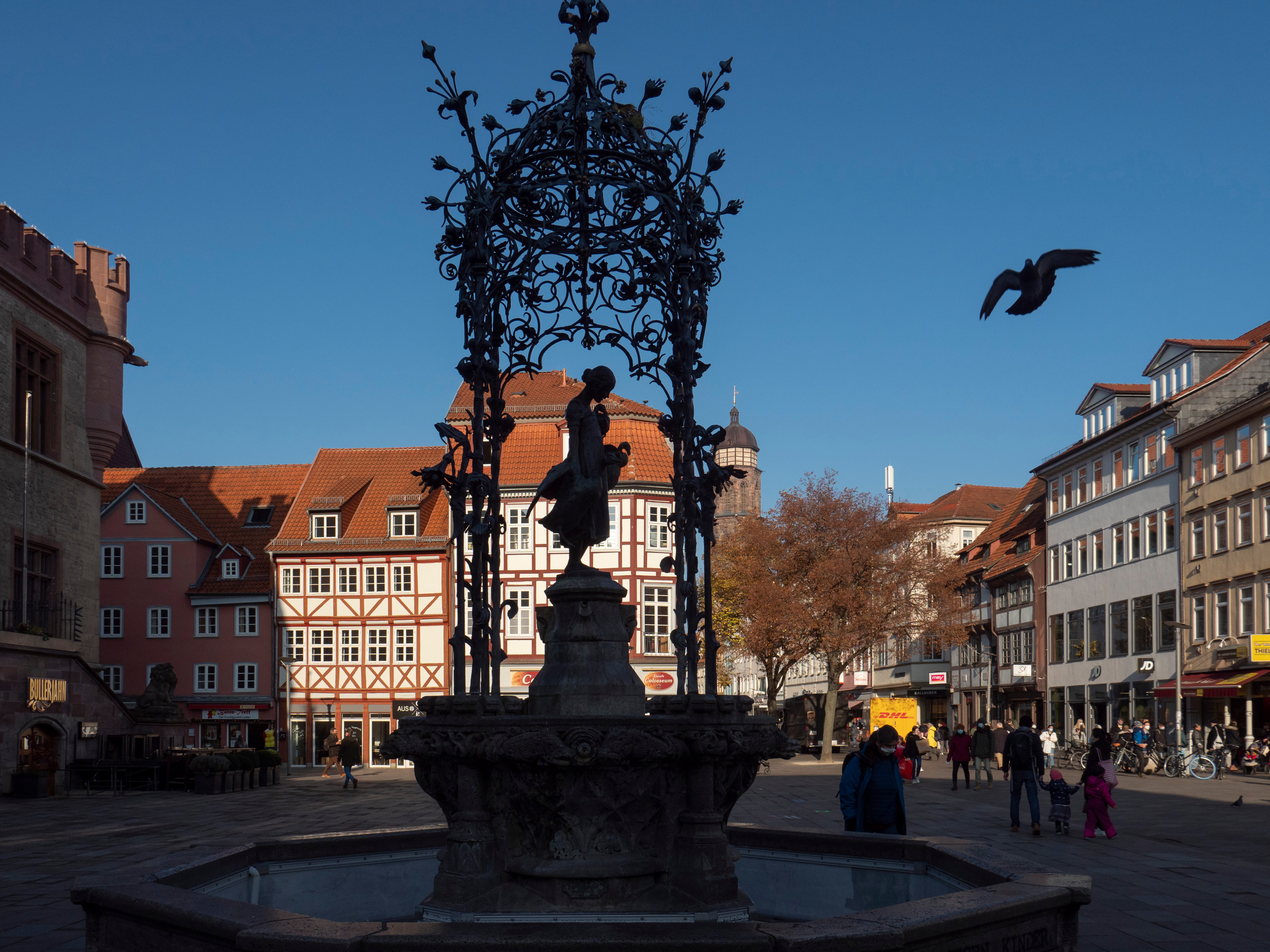About:
The 28th International Conference on Developments in Language Theory (DLT 2024) is an event organized to bring together members of the academic, research, and industrial community who have an interest in formal languages, automata theory, and related areas. The conference will be held in conjunction with the 14th International Workshop on Non-Classical Models of Automata and Applications (NCMA 2024) in Göttingen, Germany.
The venue of the conference is the Alte Mensa building, Wilhelmsplatz 3, Göttingen.
The Proceedings of the conference can be downloaded from this link.
A conference kit, with useful documents, can be downloaded here.

Important Dates:
| Deadline for paper submission: | |
| Notification: | |
| Final Version: | |
| Deadline for informal presentation submission: | |
| Early Bird Registration: | |
| DLT 2024: | 12-16 August 2024 |
List of Topics:
- grammars, acceptors, and transducers for words, trees, and graphs
- algebraic theories of automata
- algorithmic, combinatorial, and algebraic properties of words and languages
- relations between formal languages and artificial neural networks
- computational linguistics and natural language processing
- variable length codes
- symbolic dynamics
- cellular automata
- groups and semigroups generated by automata
- polyominoes and multidimensional patterns
- decidability questions
- image manipulation and compression
- efficient text algorithms
- relationships to cryptography, concurrency, complexity theory, and logic
- bio-inspired computing
- quantum computing

